Traveling While Diabetic: Ghana Glows and Grows
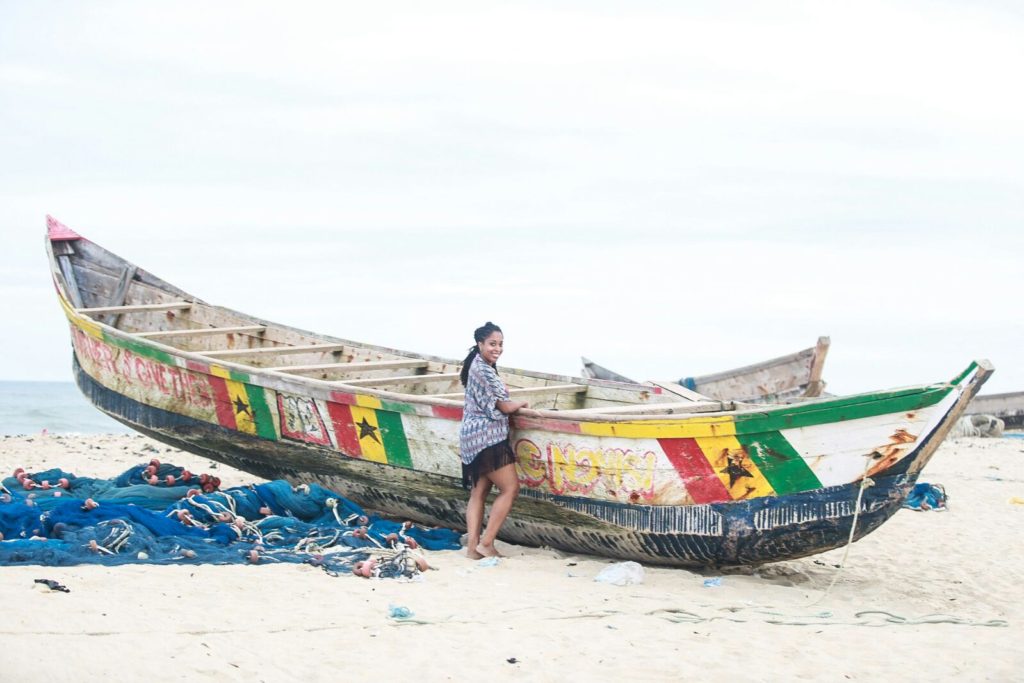
Joy-filled. Love-filled. Affirming. Revealing. This is how I would describe my recent getaway. After several years of dating, I accompanied my partner to his homeland of Ghana in West Africa. Though I traveled there 6 years prior for an undergraduate seminar, my experience this time was markedly different. Unlike the privileged foreigner stay I took for granted during my first visit where I lived in air-conditioned housing equipped with wi-fi, reliable and indoor plumbing, and back-up generators, my recent stay was much more humbling. Still, I enjoyed myself immensely. I basked in the love and acceptance that enveloped the family compound. And I gained dozens of family members in the process. I have several new aunties, nieces /nephews and a host of cousins as well.
To ensure I was fully present during this family bonding time and able to absorb all of Ghana’s sights and wonders, I made sure I planned and prepared for living in Ghana as a diabetic. Planning for my health (especially as it relates to meal and exercise schedules) is an ongoing struggle. However, because medical care in Ghana can be unreliable and also varies greatly depending on region and economic status, it was essential that I diligently and carefully planned for this vacation.
Here are some things that I did exceptionally well (glows) and not so well (grows) as I navigated my trip with diabetes.
GLOWS:
- Supplies.
- I spent three and a half weeks in Ghana. Still, I knew that in the event of misplaced or malfunctioning supplies, I would need more than 25 days worth. So, I packed enough to last 2.5 months! I placed reservoirs, infusion sets, infusion inserters (two), a pack of triple A batteries, back-up syringes, a backup meter, my Dexcom, sensors, 4 packs of glucose tabs, and two party bags of Starbursts in my personal bag and carry-on luggage. Though all of this made for one bulky carry-on, I thought that in the event of lost luggage, I would at least have my medical supplies.
- Medication.
- I brought 3 months of insulin with me (including Novolog for my pump and Lantus for my backup plan.) I packed them in a mini cooler filled with ice packs that I forced inside my carry on =D. Though a three-month supply seems a bit extreme, I was prepared for any mishap (insulin going sour after being left in a hot room, vials tumbling to the ground and shattering). I also brought two glucagon kits in the event of extreme hypoglycemia (low blood sugar).
- Travel Insurance.
- I hoped for a smooth, illness-free trip. I had updated vaccines (yellow fever, hepatitis, meningitis etc.) and took my malaria pills as prescribed. However, considering my condition and the prevalence of other diseases in Ghana, I made sure to purchase a comprehensive travel insurance plan. It covered travel medical assistance, accident and sickness medical expenses and emergency evacuation as well.
- Snacks.
- From my first trip to Ghana, I knew that I’d be busy and that meals would be spread throughout the day. I also knew that if I wanted to snack on anything familiar and not overpay for it, I’d need to bring it from home. So I did. I packed a couple of boxes of breakfast bars and rice cakes in my carry on. I also added a box of Cheerios, granola bars, and cases of boxed juice to my second suitcase. I had options.

Some carry-on snacks.
- From my first trip to Ghana, I knew that I’d be busy and that meals would be spread throughout the day. I also knew that if I wanted to snack on anything familiar and not overpay for it, I’d need to bring it from home. So I did. I packed a couple of boxes of breakfast bars and rice cakes in my carry on. I also added a box of Cheerios, granola bars, and cases of boxed juice to my second suitcase. I had options.
- Other Essentials.
- Sanitizer/Wipes. Normally, I’m not a frequent user of alcohol wipes (Shame on me.) I’ve convinced myself that my hands are clean enough and I often suck up blood drops when no one is looking. In Ghana however, faucets are sometimes broken, water tanks are empty, and practices such as eating with one’s hands are the norm. Because I’m much more mindful of the dangers of getting sick in a foreign country, I made sure to have several boxes of alcohol wipes, hand sanitizer and body wipes on deck.
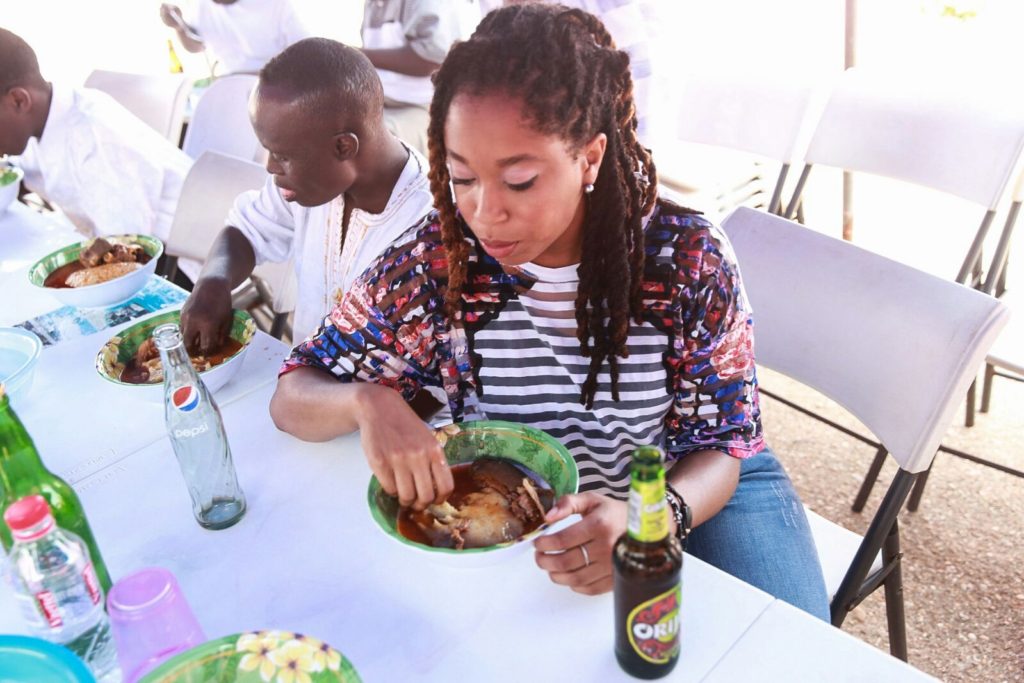
Eating fufu and goat soup with my hands.
- Measuring Cups. From eating my boyfriend’s cooking and attending any Ghanaian affair, I’ve come to learn that Ghanaians love their rice. I do too. But I often find, that anything more than a cup and a half of rice assaults my blood sugars, like brutally assault. There was not one moment where I prepared a meal for myself while in Ghana. This meant that plates served to me often had very large portions. To discourage this and assist others in seeing what a reasonable portion was for me, I brought along measuring cups.
- Sanitizer/Wipes. Normally, I’m not a frequent user of alcohol wipes (Shame on me.) I’ve convinced myself that my hands are clean enough and I often suck up blood drops when no one is looking. In Ghana however, faucets are sometimes broken, water tanks are empty, and practices such as eating with one’s hands are the norm. Because I’m much more mindful of the dangers of getting sick in a foreign country, I made sure to have several boxes of alcohol wipes, hand sanitizer and body wipes on deck.
GROWS (Missed Opportunities):
- Diabetes Journal.
- Prior to leaving for Ghana, I purchased a journal from Barnes and Nobles. I labeled it my diabetes journal and thought that because it was so pretty, I’d have no problem using it to log my numbers, meals, and any snafus. That journal stayed in my suitcase, except on two occasions where 1.) I spent 15 minutes attempting to figure out how I’d use the available page space to construct a log I found aesthetically pleasing and 2.) when I decided to spend a morning back-logging my blood sugars. In both of these instances, I became distracted and quickly put it away.
- Measuring Cups.
- Remember those measuring cups that I brought? Well, I never used them. I allowed my discomfort and fear of judgment to prevent me from using it during meals. Instead, I relied on eye-balling plates of rice, yams, and potatoes for guesstimates of how many carbs I was eating. More often than not, my guesses were inaccurate, resulting in post meal highs that could have been avoided.
- Utilizing Temp Basals and Making Insulin Adjustments.
- While in Ghana not only were my eating habits off (schedules and carb intake), but so were my sleeping patterns. On a typical day, I averaged 6 hours of sleep. Due to the 4 hour time difference, I also ate heavy meals at times I would normally be in bed. Though I began playing around with temp basals and carb ratios the last week of my trip, I wish I would’ve responded sooner to the patterns of predictable highs (and lows) that began to emerge. In retrospect, I’m not sure what I was waiting on or if my slow decision to make regimen adjustments was the result of being consumed by a very fascinating (and busy) trip. Next time, I’ll assume ownership earlier over my ratios and patterns.
- Asking for What I Needed, Particularly as It Related to Food.
- Three days before I left Ghana, my boyfriend and I had a very difficult conversation. He, very much aware of my eating habits, was frustrated by my willingness to accept large plates of rice during most meals. I, on the other hand, was disturbed by the fact that he didn’t understand my fear of being perceived as the picky foreigner who rudely turned down food. Now prior to my arrival, my boyfriend told his family I had diabetes, explained to them the purpose of my pump, requested a fridge be placed in my room and kindly asked them to be mindful of portions when serving me. He did his best to create a diabetic-friendly environment. Still, I was overeating and my blood sugars were struggling, all because I refused to speak up. Only after my partner mentioned his concern and reassured me that cooked veggies were a very real and convenient possibility, did I begin requesting them regularly. In refusing to ask for what I needed, I made things unnecessarily difficult for myself. Never again.
Though my trip wasn’t perfect, it was everything I needed.
I learned some important lessons regarding my diabetes and self-care habits that will hopefully improve my future traveling experiences.
Below are a few of my favorite images from my trip.
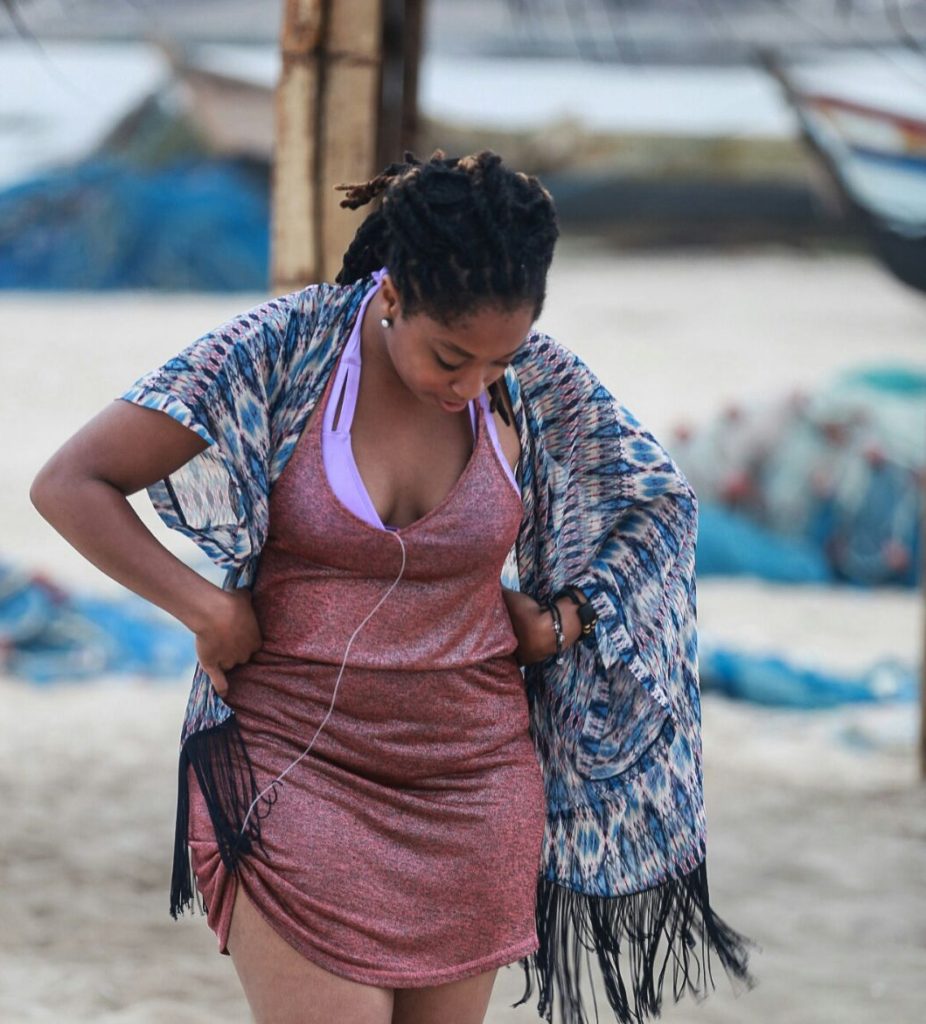
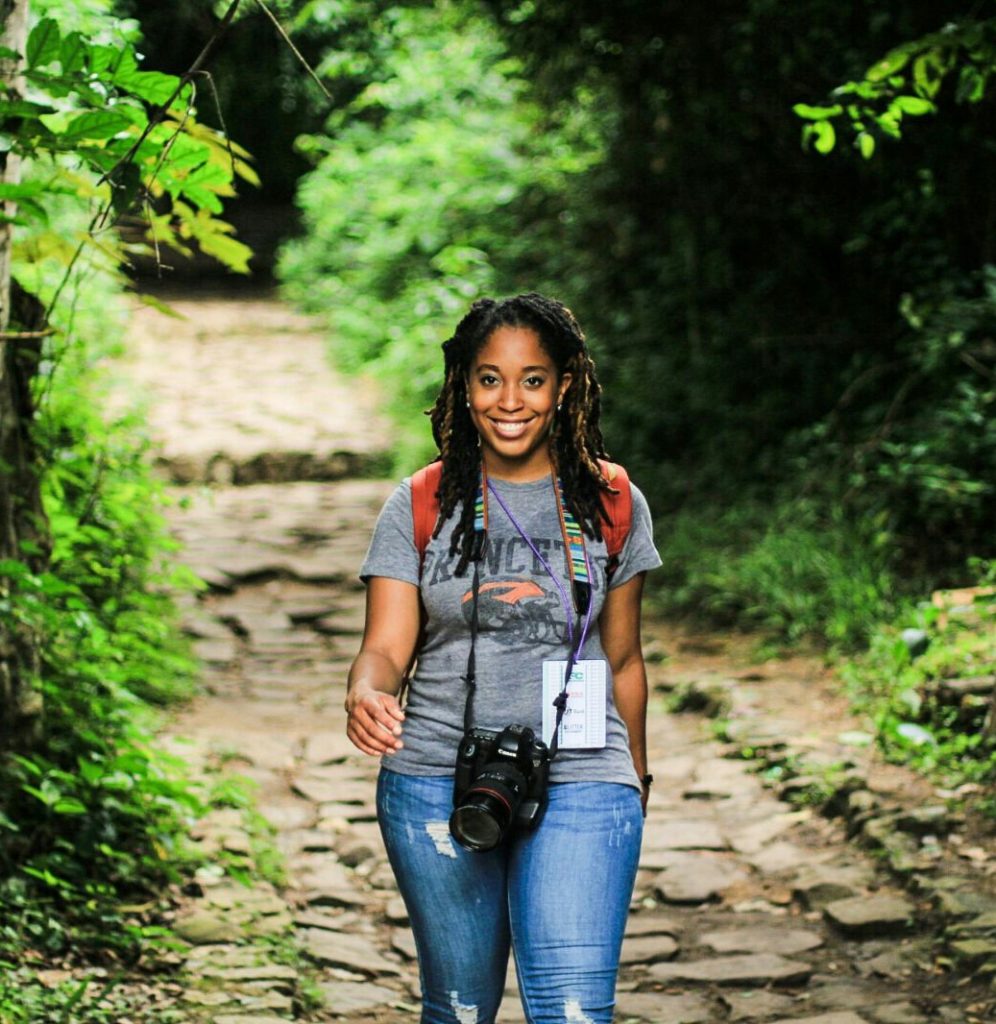
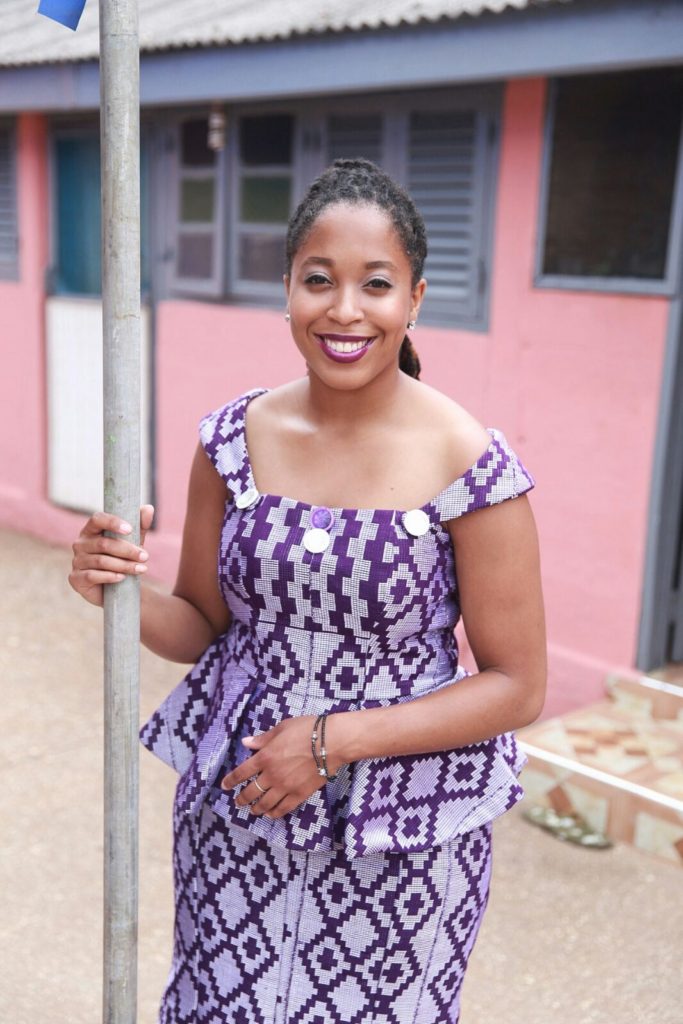
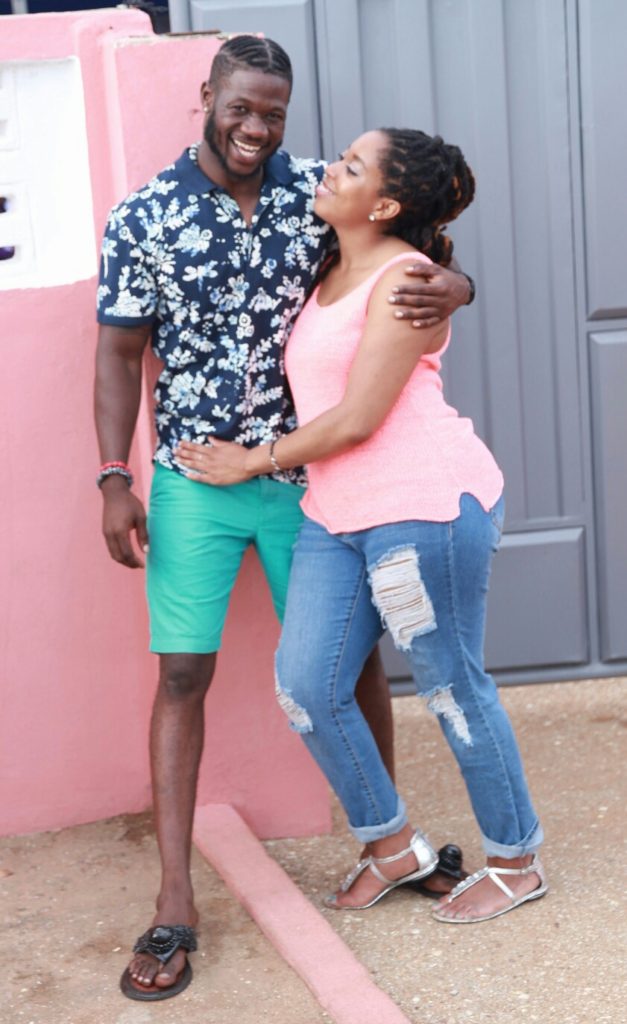
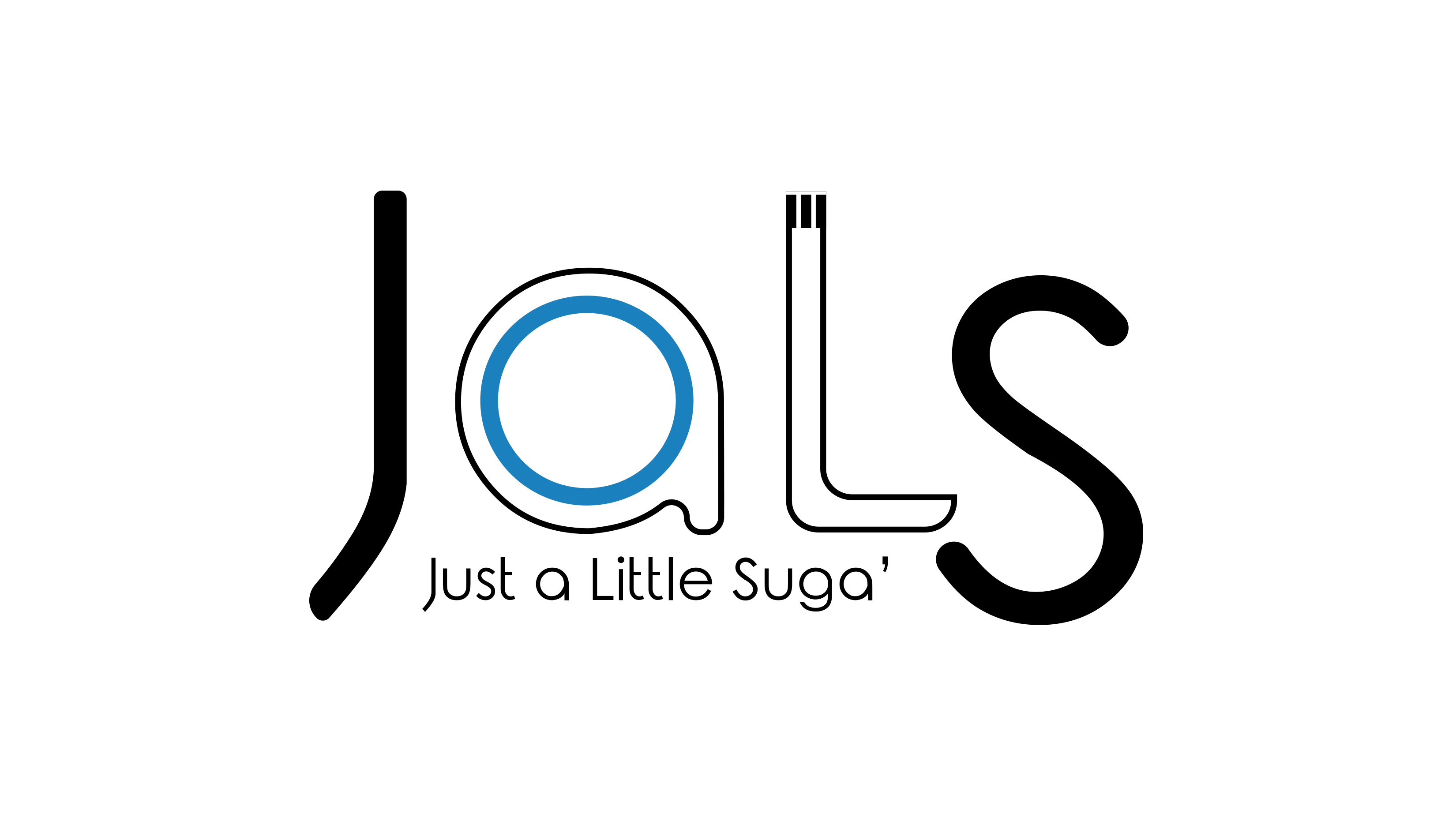
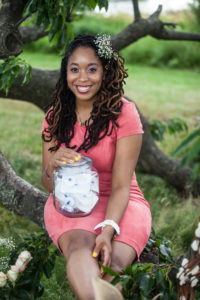
I’m heading to Ghana in the fall and I am type 1. Thank u for writing this article!